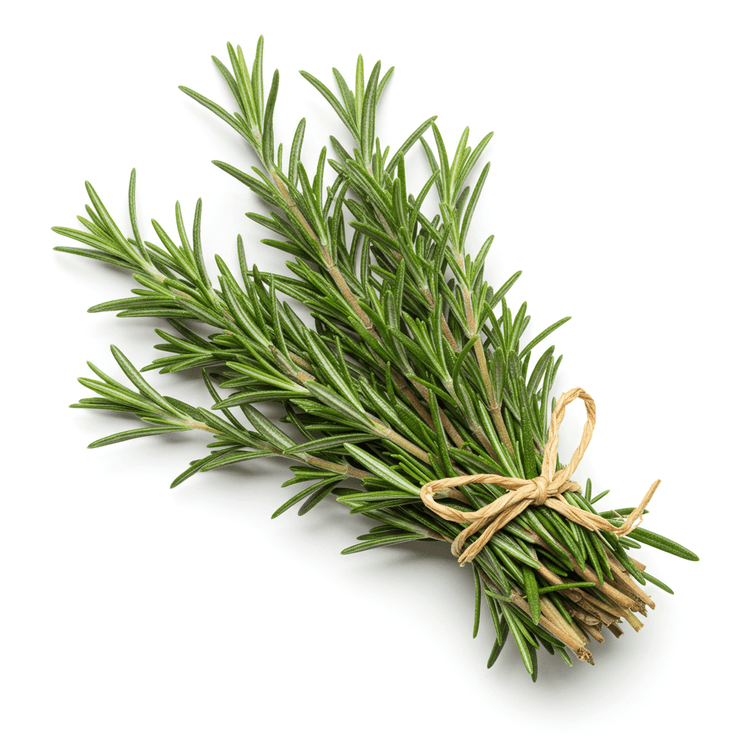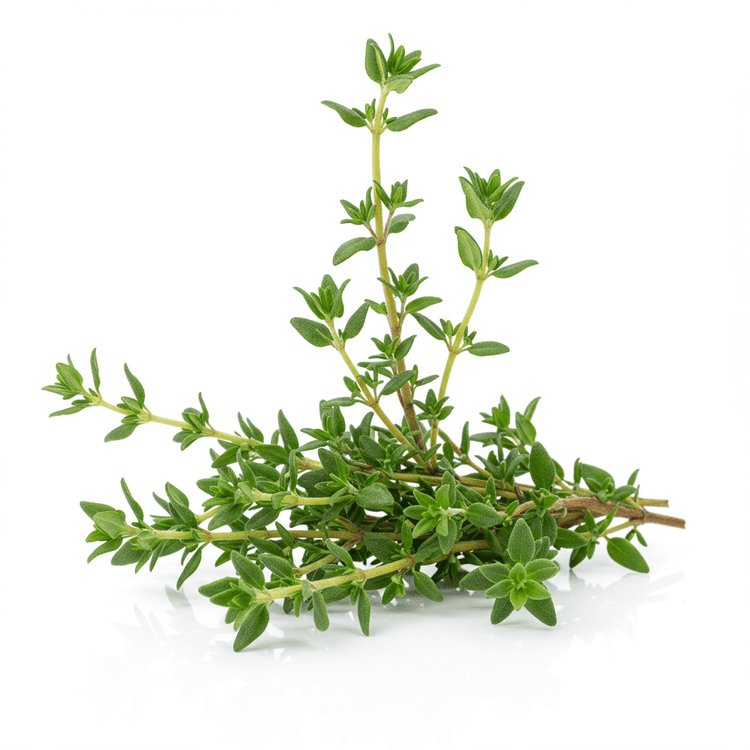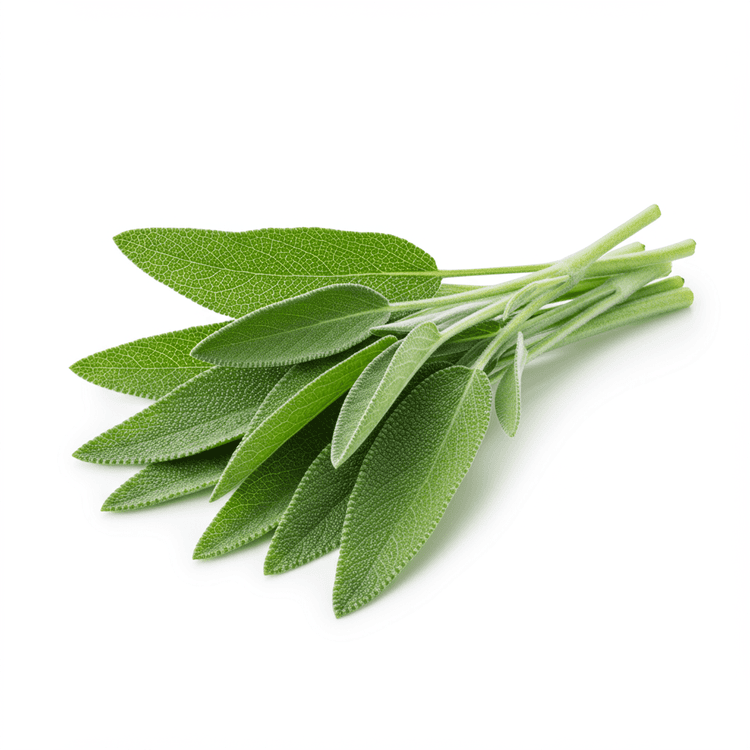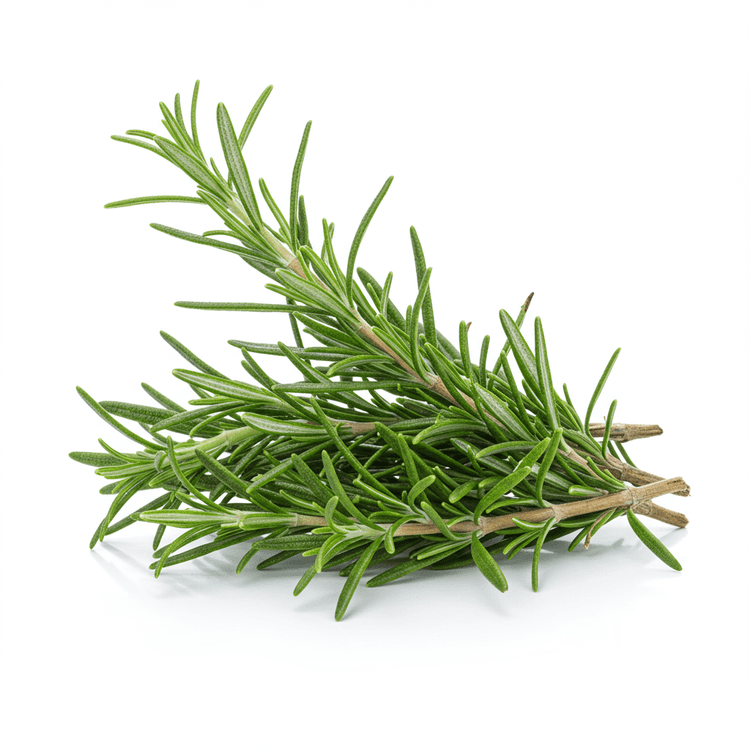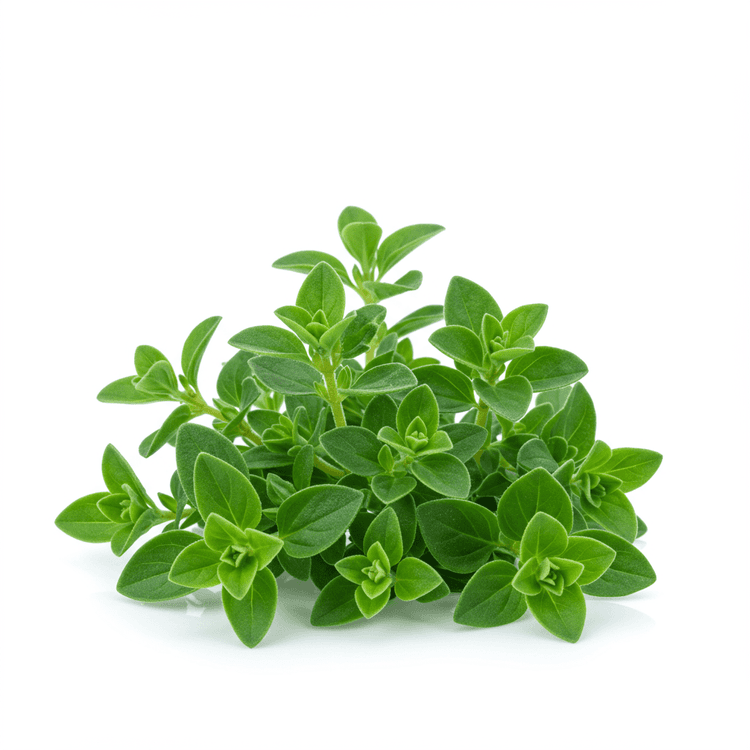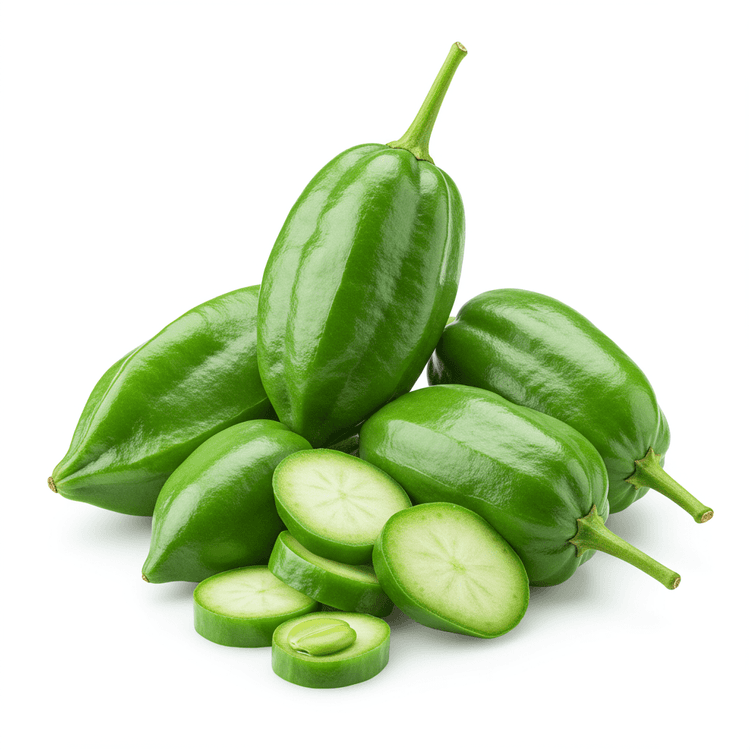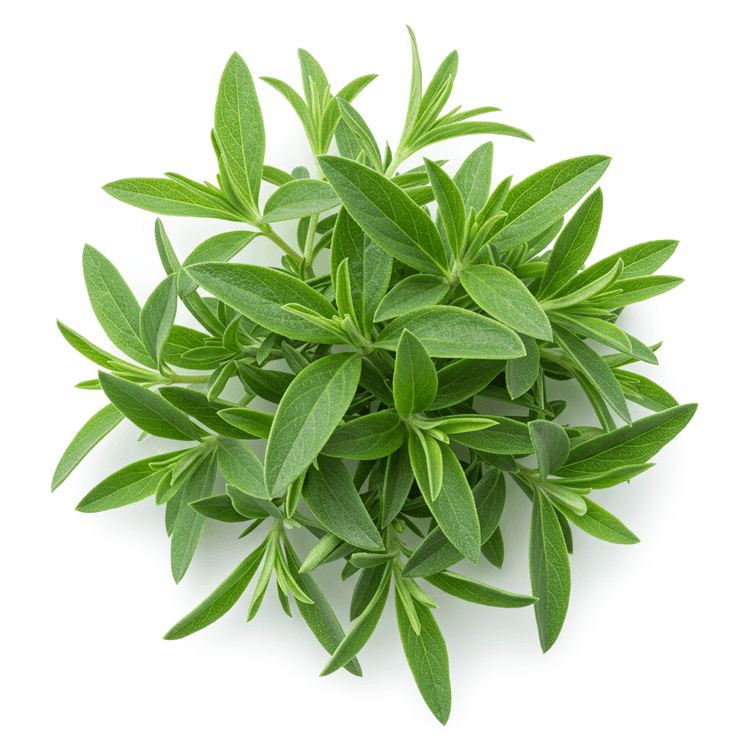
Savory
Savory , often referred to as summer savory or winter savory, is a fragrant herb known for its pungent and peppery flavor profile. The leaves are small and narrow, typically green to grayish-green in color, and possess a slightly fuzzy texture. As a versatile culinary herb, savory adds warmth and depth to a variety of dishes. Its aromatic notes are reminiscent of thyme and marjoram, making it a popular alternative or complement to these herbs in many recipes. Explore the savory taste and incorporate it into your culinary creations for a unique herbal touch.
Common Uses
- Savory is frequently used to season beans and legumes, enhancing their flavor and aiding in digestion. Add dried or fresh savory to bean soups, stews, or salads for an earthy and aromatic touch. It's a classic ingredient for bean dishes of all kinds.
- Use savory as a seasoning for meat and poultry. Its peppery notes complement roasted chicken, turkey, pork, and lamb. Simply rub the chopped fresh or dried herb onto the meat before cooking to infuse it with savory goodness.
- Incorporate savory into your favorite stuffing or dressing recipes. It adds a savory depth of flavor and complements other herbs like sage and thyme. Savory helps to create a well-balanced and aromatic stuffing.
- Enhance the flavor of vegetable dishes with savory. Sprinkle it over roasted vegetables like potatoes, carrots, and squash for a warm and herbaceous touch. It also pairs well with green beans, Brussels sprouts, and asparagus.
- Add savory to egg dishes like omelets, frittatas, and quiches. Its peppery flavor enhances the richness of the eggs and complements other ingredients like cheese and vegetables. It adds a unique dimension to the breakfast staple.
- Savory can be used to flavor herb butters and oils. Infuse butter or olive oil with fresh or dried savory for a flavorful condiment. Use it to drizzle over grilled meats, vegetables, or bread for an extra layer of savory goodness.
Health Benefits
- May aid digestion and relieve bloating due to its carminative properties.
- Rich in antioxidants, which help protect cells from damage caused by free radicals.
- Can act as an expectorant, potentially easing coughs and respiratory issues.
- Contains vitamins and minerals like Vitamin A, Vitamin C, and iron, contributing to overall health.
- Believed to possess anti-inflammatory properties that may help reduce inflammation.
Chefadora AI is here.
Experience smarter, stress-free cooking.
Storage Tips
To preserve the flavor and aroma of savory, store it properly. Dried savory should be kept in an airtight container away from direct sunlight, heat, and moisture, ideally in a cool, dark pantry. Fresh savory should be stored in the refrigerator, wrapped in a damp paper towel inside a plastic bag or container. Use fresh savory within a few days for the best flavor.
